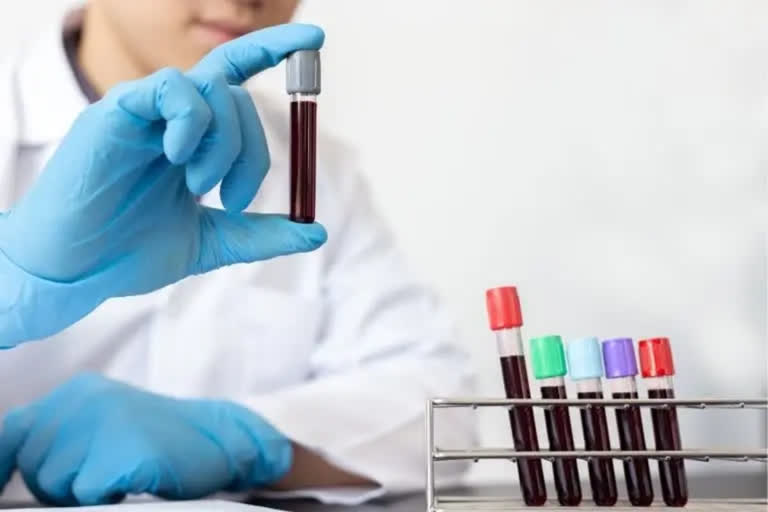London: Scientists have developed a blood-based test that could be used to predict the risk of Alzheimer's disease up to 3.5 years before clinical diagnosis. The research, published in the journal Brain, supports the idea that components in the human blood can modulate the formation of new brain cells, a process termed neurogenesis.
Neurogenesis occurs in an important part of the brain called the hippocampus that is involved in learning and memory. While Alzheimer's disease affects the formation of new brain cells in the hippocampus during the early stages of the disease, previous studies have only been able to study neurogenesis in its later stages through autopsies.
To understand the early changes, researchers collected blood samples over several years from 56 individuals with Mild Cognitive Impairment (MCI), a condition where someone will begin to experience a worsening of their memory or cognitive ability. While not everyone experiencing MCI goes on to develop Alzheimer's disease, those with the condition progress to a diagnosis at a much higher rate than the wider population.
Of the 56 participants in the study, 36 went on to receive a diagnosis of Alzheimer's disease. "In our study, we treated brain cells with blood taken from people with MCI, exploring how those cells changed in response to blood as Alzheimer's disease progressed," said Aleksandra Maruszak, one of the study's joint first authors from King's College London.
In studying how blood affected the brain cells, the researchers made several key discoveries. The blood samples collected from participants over the years who subsequently deteriorated and developed Alzheimer's disease promoted a decrease in cell growth and division and an increase in apoptotic cell death - the process by which cells are programmed to die.


